There is more and more evidence that Coenzyme Q10 plays a physiological role in the maintenance of semen quality and male fertility [Alahmar 2021]:
- Higher CoQ10 concentrations in seminal plasma correlate directly with elevated semen parameters such as sperm motility and sperm count.
- Seminal CoQ10 concentrations are sub-optimal in male infertility conditions.

Infertility affects an estimated 15% of couples worldwide. Male infertility is a factor in about 50% of cases. The causes of male infertility are poorly understood, but there is evidence that oxidative stress is related to poor seminal fluid quality. Coenzyme Q10 is a powerful antioxidant, reducing levels of oxidative stress.
In a 2021 review article, Alahmar et al. [2021] summarize the research into CoQ10’s role in the regulation of male reproductive function:
- restores semen parameters in male infertility patients
- reduces the blood levels of biomarkers for oxidative stress
- improves pregnancy and assisted reproductive technology outcomes
- reduces sperm DNA fragmentation
CoQ10 Effects on Sperm Parameters
Alahmar et al. [2021] have reviewed several clinical trials of the CoQ10 supplementation of patients with male infertility. Overall, the outcomes of these studies show the following beneficial effects:
- increased concentrations of Coenzyme Q10 in the semen and in spermatozoa
- enhanced sperm parameters: sperm concentration, motility, and morphology
- improved oxidative stress bio-markers and increased protection against free radical-induced sperm damage
CoQ10 Effects on Sperm DNA Fragmentation
Current evidence shows that Sperm DNA Fragmentation plays a crucial role in male infertility. Oxidative stress may be the key mechanism causing the sperm DNA fragmentation. An excess of harmful free radicals may be causing kinks and breaks in sperm DNA.
According to Alahmar et al. [2021], studies show two things:
- CoQ10 deficiency is associated with high levels of sperm DNA damage.
- CoQ10 therapy is associated with a reduction of the prevalence of sperm DNA fragmentation in semen samples.
CoQ10 and Pregnancy Outcomes
Alahmar et al. [2021] cite studies that have demonstrated improved pregnancy rates for couples in which the male partner has had infertility issues. They suggest that the improved pregnancy rates are related to the beneficial effects of CoQ10 supplementation on sperm concentration and motility.
In one study, researchers administered 300 mg of Coenzyme Q10 twice daily for 12 months to male patients diagnosed with oligoasthenoteratozoospermia, which is a condition characterized by low sperm counts, poor sperm movement, and abnormal sperm shape.
The patients treated with Coenzyme Q10 showed improved sperm quality, and 34% of the couples achieved spontaneous clinical pregnancy after 9–12 months of CoQ10 treatment [Safarinejad 2012].
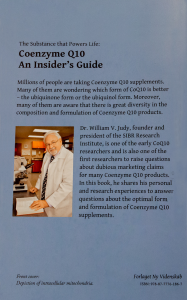
The best guide to CoQ10 supplementation is the Insider’s Guide by Dr. William V. Judy. It is available on amazon.com. ISBN: 978-87-7776-186-7.
CoQ10 and Assisted Reproductive Techniques
Alahmar et al. [2021] suggest that CoQ10 therapy could play a role in improving Assisted Reproductive Techniques outcomes because of Coenzyme Q10’s ability to improve sperm quality.
Conclusion: Coenzyme Q10 Supplementation Against Male Fertility
Safety
Coenzyme Q10 is one of the more promising substances for treating male infertility. It is safe, well-tolerated, and affordable. Studies show a beneficial effect of CoQ10 supplementation on semen parameters [Salvio 2021].
Improvement
Improvement in sperm parameters begin, typically, 3 – 6 months after the commencement of CoQ10 therapy. The improvement in sperm parameters disappears if the CoQ10 therapy is discontinued [Salvio 2021].
Coenzyme Q10’s function as an antioxidant is decisive: it neutralizes harmful free radicals, lowers oxidative stress levels, and reduces the extent of sperm DNA fragmentation [Alahmar 2021].
Dosage
There remains the question of the optimal daily dosage of Coenzyme Q10 for male infertility patients.
- Coenzyme Q10 is a fat-soluble substance. It should be taken together with meals containing some fat [Judy 2018].
- Coenzyme Q10 taken in divided doses during the day (2 x 100 mg instead of 1 x 200 mg) gives a better absorption and bioavailability [Mantle & Dybring 2020].
- Not all CoQ10 products give the same absorption and bioavailability. The formulation of the CoQ10 supplement is crucial. A comparative bioavailability study has shown that a well-formulated ubiquinone CoQ10 supplement gives a significantly better bioavailability than a patented ubiquinol product [Lopez-Lluch et al. 2019].
Sources
Alahmar AT, Calogero AE, Singh R, Cannarella R, Sengupta P, Dutta S. Coenzyme Q10, oxidative stress, and male infertility: A review. Clin Exp Reprod Med. 2021 Jun;48(2):97-104. doi: 10.5653/cerm.2020.04175.
Judy WV. Coenzyme Q10: An Insider’s Guide. 2018. ISBN: 978-87-7776-186-7. Available from amazon.com.
López-Lluch G, Del Pozo-Cruz J, Sánchez-Cuesta A, Cortés-Rodríguez AB, Navas P. Bioavailability of coenzyme Q10 supplements depends on carrier lipids and solubilization. Nutrition. 2019 Jan;57:133-140.
Mantle D, Dybring A. Bioavailability of Coenzyme Q10: An Overview of the Absorption Process and Subsequent Metabolism. Antioxidants (Basel). 2020;9(5):386.
Safarinejad MR. The effect of coenzyme Q11 supplementation on partner pregnancy rate in infertile men with idiopathic oligoasthenoteratozoospermia: an open-label prospective study. Int Urol Nephrol 2012;44:689–700.
Salvio G, Cutini M, Ciarloni A, Giovannini L, Perrone M, Balercia G. Coenzyme Q10 and Male Infertility: A Systematic Review. Antioxidants (Basel). 2021 May 30;10(6):874.
The information presented in this review article is not intended as medical advice and should not be used as such.
15 July 2021



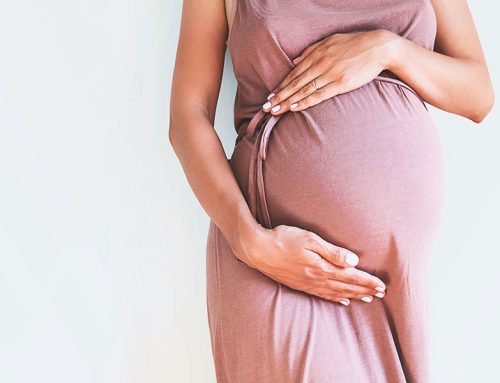
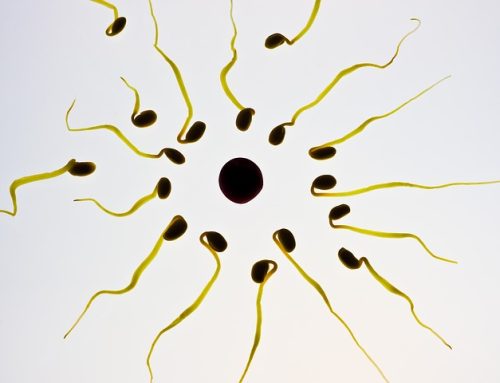
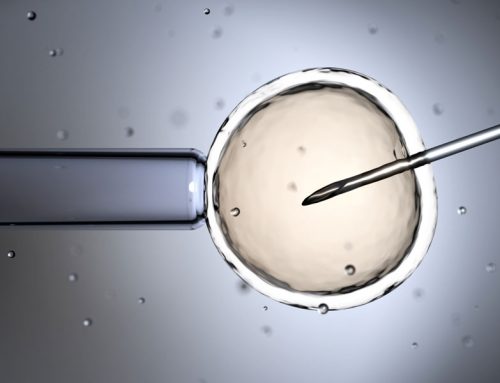

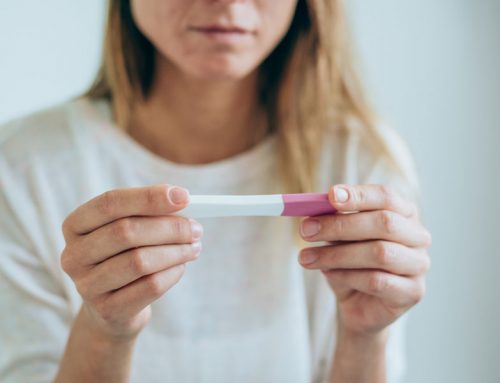

Leave A Comment